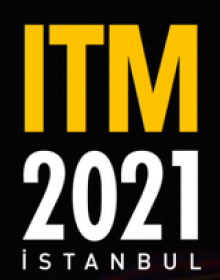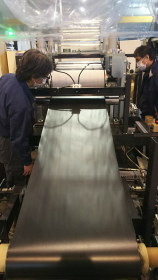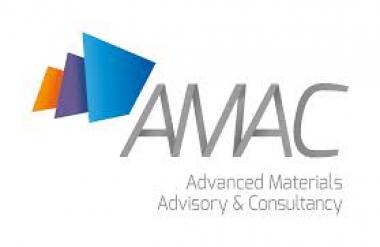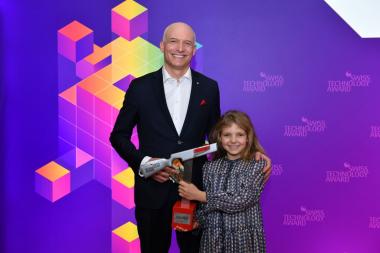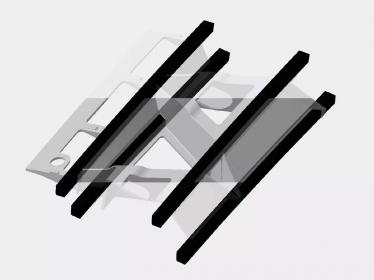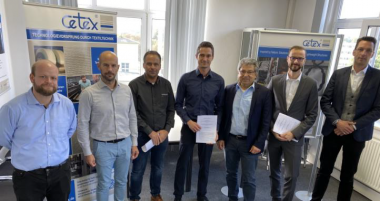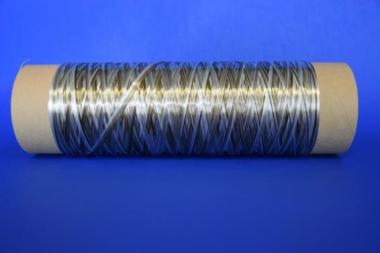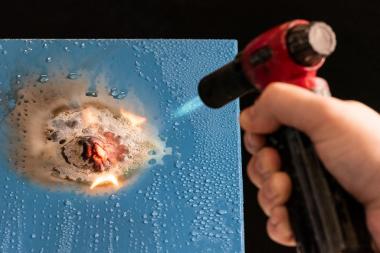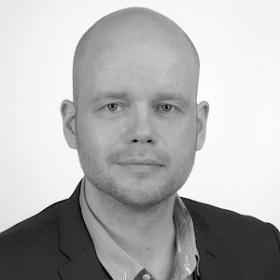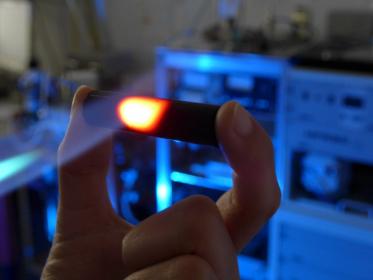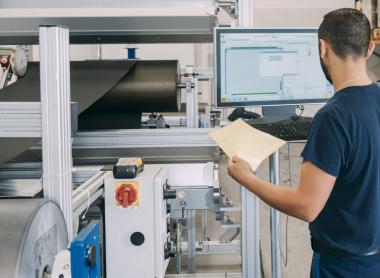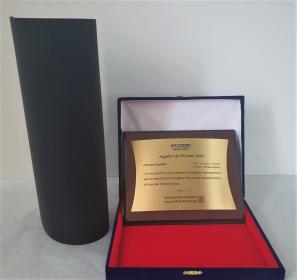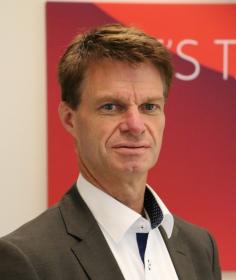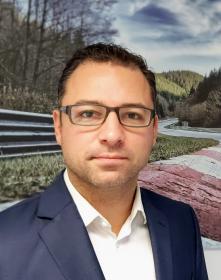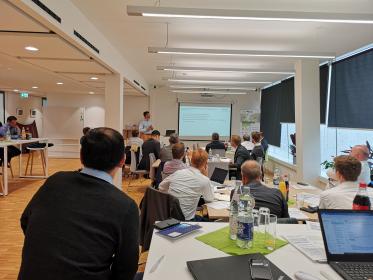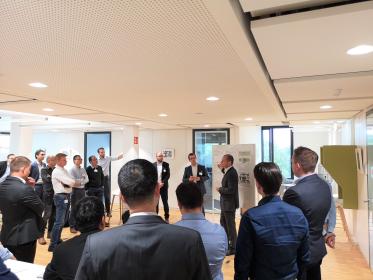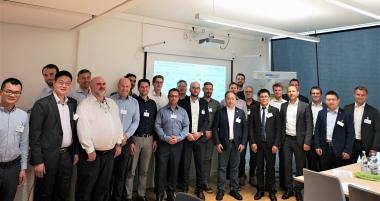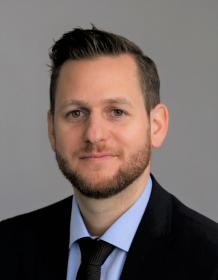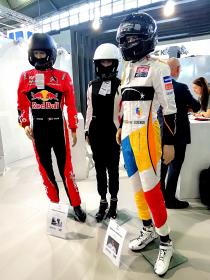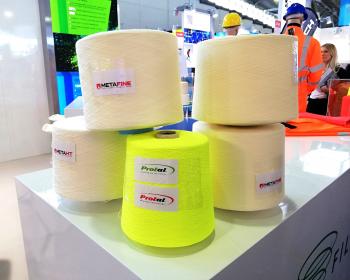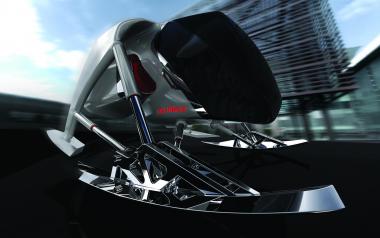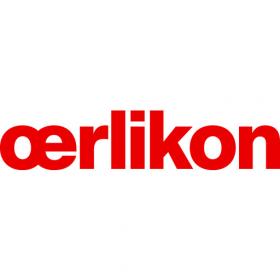ITM Exhibition postponed to 14-18 June 2022
ITM International Textile Machinery Exhibition, which is planned to be held on June 22-26, 2021 postponed to June 14-18, 2022, considering the effects of the ongoing Covid-19 pandemic in the world. This postponement decision was taken as a result of intense discussions and evaluations with participants and sector representatives.
The ITM Organization Team made the following statements: “Our priority is to protect valuable exhibitors and visitors’ investments and all rights, not our commercial earnings. In this regard, we believe that all of our participants will find this compulsory postponement decision taken for the ITM Exhibition justified and will understand.”
ITM 2022, which will be held with partnership of Tüyap Tüm Fuarcılık INC. and Teknik Fuarcılık INC. in cooperation with TEMSAD, will organize at Istanbul Tuyap Fair and Congress Center on June 14-18, 2022.


